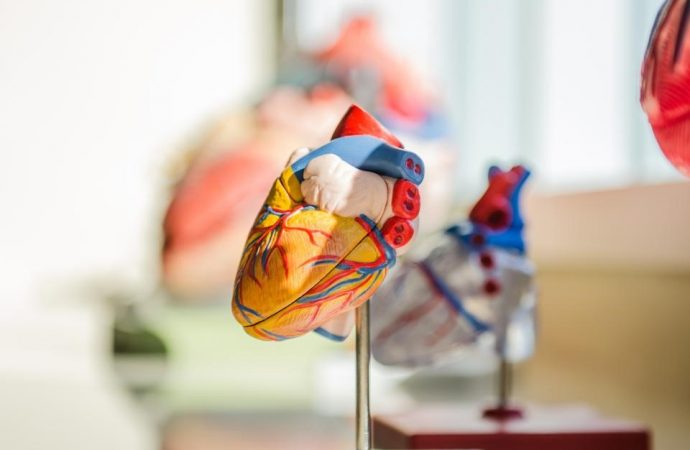In the past decades, dramatic changes in diet and lifestyle have fueled a rampant increase in heart disorders. What is even more alarming is that heart conditions are no longer restricted to higher age groups, but affect young people as well. Heart disorders like strokes and atherosclerosis are the most commonly known today and its symptoms include chest pain, weakness, shortness of breath and heart attack.
How turmeric can prevent heart disease
If you are thinking of using turmeric for heart disease, first understand how it works and then know how it is supposed to be consumed. Turmeric works in numerous ways to boost heart health. It is considered a powerful antioxidant with an active ingredient known as curcumin, responsible for the antioxidant, anti-inflammatory and antiseptic properties of turmeric.

Turmeric helps to reduce plaque build-up
Turmeric can prevent clot formation and reduce plaque buildup. A wide range of heart disorders is the result of plaque buildup which causes blood clots to form in the arteries of the brain or heart. Strokes and heart attacks are usually the outcomes of the accumulation of blood clots in the arteries. Turmeric is said to minimize the risk of blood platelets forming clots. It does this by relaxing the blood vessels and preventing a heart attack.
Curcumin can reduce bad cholesterol
A study performed on animals showed that turmeric extracts could be used to lower the level of bad cholesterol in the arteries. The active ingredient in turmeric, curcumin can prevent blood platelets from coming together. This compound is known to send signals to the liver enhancing the production of mRNA which also promotes the production of LDL cholesterol receptors. This forces the liver to get rid of the bad cholesterol in the body.
Reducing pro-inflammatory response
Many researchers have proved the anti-inflammatory capabilities of turmeric. Curcumin works in two ways to reduce inflammation. For one, it suppresses the COX enzyme, which is responsible for sending inflammation signals to the body and inhibits the production of pro-inflammatory molecules in the body. Curcumin in turmeric works in the same way as vitamin E and C, which are amazing antioxidants. However, these vitamins are degraded by heat when cooking. Turmeric’s active compounds will reduce the damage by free radicals and also minimize cholesterol levels.
Altogether, it seems that the incorporation of turmeric in the diet, either the form of the herb, tea, supplement, or tablet, may have beneficial effects on one’s health. Just make sure you maintain the required dosage.
References:
[1] Govindarajan, V., & Stahl, W. (2009). Turmeric — chemistry, technology, and quality. C R C Critical Reviews in Food Science and Nutrition, 12 (3), 199-301 DOI: 10.1080/10408398009527278
[2] Health Reports – Want to Lowe LDL Naturally? That’s Just One of the Many Turmeric Benefits
[3] Natural Society – Turmeric Naturally Fights Heart Attacks, Strengthens Heart
[4] Health Benefits of Tumeric – Why Turmeric is crowned the Golden Spice?
[su_divider top=”no” divider_color=”#da7b3b” margin=”25″]
Author Bio
Maggie Martin is Ph.D. in Cell Biology graduate. She is passionate about healthy living and has been writing about Food and Healthy Lifestyles. Follow her on Twitter @Maggiemartink





